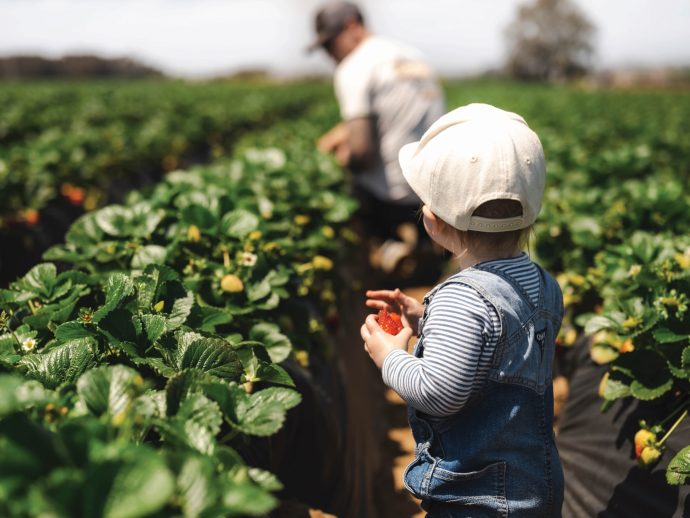Kids create communities
Help them find strength, support, and belonging
A close community can give our children a sense of belonging, help them develop key social and emotional skills, and provide them with support as they grow. As parents and caregivers, we can help our children find their communities and foster these key connections.
A sense of belonging
How important are community connections? “They are fundamental for childhood development,” says mother, former teacher, and registered clinical counselor Laura Henderson. “We need a sense of belonging. We’re not meant to go through life alone.”
In addition to creating a sense of belonging and helping with development, a strong and supportive community can provide young people with
- safe people to turn to in times of trouble
- access to various resources and a network of people for potential future opportunities
- positive examples of diversity, cultural differences, and new perspectives
Something you give, something you gain
Elaine Su is a mother, teacher-librarian, writer, and equity, diversity, and inclusion advisor who also champions the value of community. “You can’t care for that which you don’t care about, so I believe it’s vital that our kids care about the people around them, and vice versa,” Su explains.
Therefore, community teaches children that they matter, but it also teaches them that they’re not the only ones who matter. “Community is both something you gain from and something you give to,” Su says. “I want children to learn that we all have little and big roles to play in building and sustaining community.”
How to build a community
Community for very small children may include close family members and daycare or preschool teachers. Gradually, their communities will grow to include other familiar adults that they interact with often (such as neighbors, librarians, or mail carriers), plus friends. Older children will start to build community connections at school, at extracurricular activities, and perhaps even online.
According to Henderson, helping our children find and maintain positive relationships can often be as simple as modeling these positive relationships in our everyday lives. “Our children watch and pick up on everything we do, including how we speak to, and connect with, people in our communities—even how we relate to our partners!” she explains.
Internet communities
Online connections can be meaningful, joyful, and important for young people: a child interested in a niche hobby might connect with like-minded kids, for example. The key is staying safe online. Parents can help by staying closely involved, setting rules, teaching their kids about privacy and media literacy, and setting up parental controls.
Don’t let the kids have all the fun!
This is the perfect opportunity to foster your own community connections too.
- Sign up for a course or join a program through your local recreation or cultural center.
- Take part in community events and celebrations.
- Attend city hall meetings.
- Make a weekly coffee date with a friend (or group of friends).
- Chat with your neighbors.
- Volunteer with a local nonprofit organization.
By Leah Payne
Copyright © Alive Publishing Group Inc – All rights reserved

